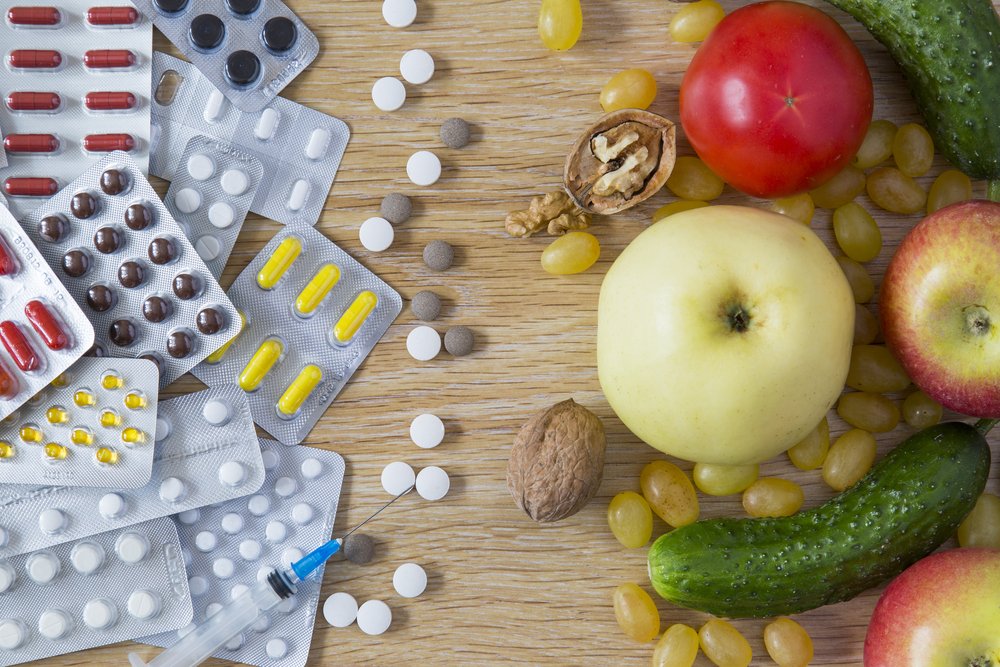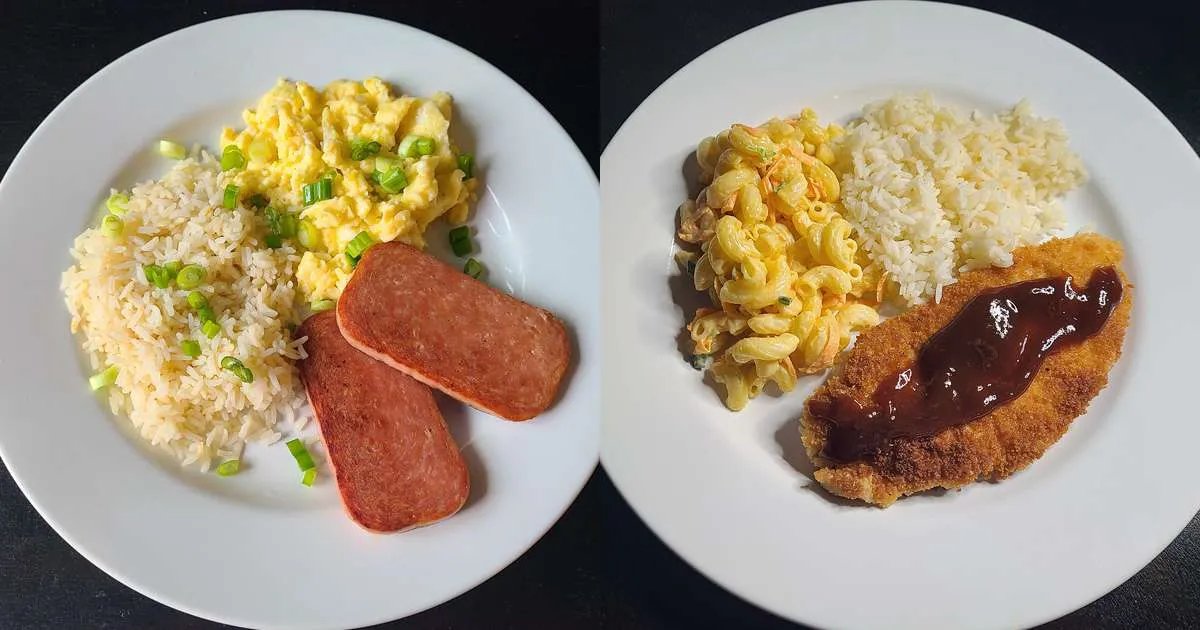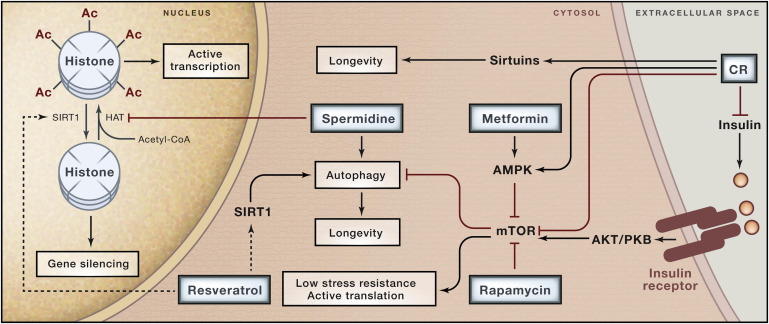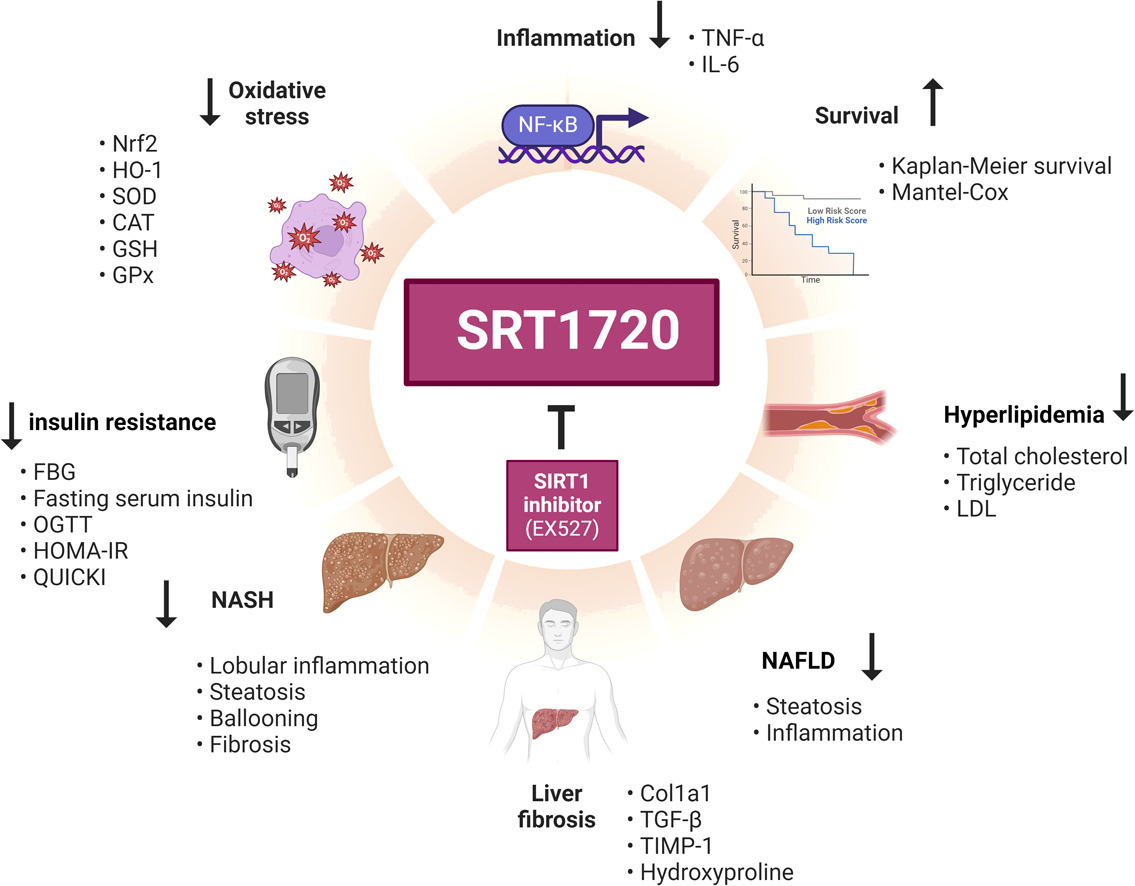The largest and longest clinical trial comparing the effects of lifestyle changes vs. medicines on glucose control, inflammation, blood pressure & cholesterol over 24 weeks. The lifestyle changes won - hands down
Here's what they found...
tinyurl.com/yjev6dbt
Here's what they found...
tinyurl.com/yjev6dbt

The clinical trial was conducted in the Marshall Islands, which has the seventh-highest diabetes prevalence globally. There were 169 participants... 



The country’s high prevalence has been partially attributed to its increased reliance on imported foods, including white rice, refined four, sugar-sweetened beverages and canned meats... 

A whole-food, plant-based lifestyle intervention plus moderate exercise (PB+Ex) was much more effective for improving glycaemic control than standard medicines. It also reduced the need for diabetes and cardiovascular medications... 

Compared with medicines, the lifestyle change decreased HbA1c by an additional 14 mmol/mol (1.3%) at week 12 and 8 mmol/mol (0.7%) at week 24... 

63% of those who changes their lifestyle and also took medicines reduced the dose or frequency of their glucose-lowering medications... 

The diet+exercise group also had lower body weight, C-reactive protein and cardiovascular medication use compared with standard medical care.... 

We all know a healthy diet + exercise is beneficial but this study clearly shows lifestyle changes can be even better than medicines in treating type 2 diabetes, and they improve cardiovascular health biomarkers as well 🥑🏃🏻♀️💪
The prescribed diet was high in fibre (35 g/4184 kJ), low in fat (20–25% of energy; saturated fat <7% of energy), moderate in protein (10–15% of energy) and low sodium...
During weeks 1–2, PB+Ex participants received 12 prepared meals/week and were instructed to consume no animal products & minimal ground grains & refined carbohydrates...
The PB+Ex group was instructed to do moderate intensity aerobic & resistance exercise 60 min/day during wks 1–2 and 30–60 min/day during wks 3–24 & counseled to walk 10–20 min before breakfast & after lunch and dinner (end)
• • •
Missing some Tweet in this thread? You can try to
force a refresh





















